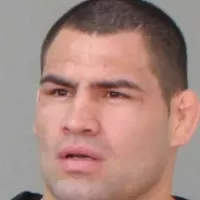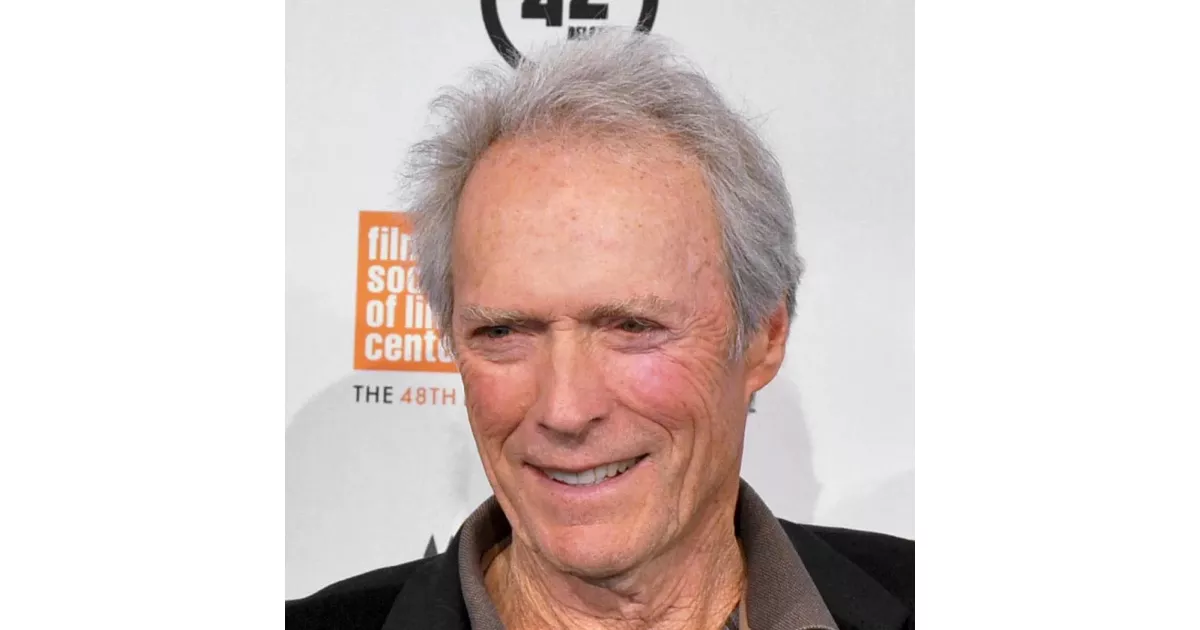Clint Eastwood is an iconic American actor and film director renowned for his roles in Westerns like Sergio Leone's Dollars Trilogy, where he played the 'Man with No Name', and as the antihero cop Harry Callahan in the Dirty Harry films. These roles solidified his status as a cultural symbol of masculinity. Beyond acting, Eastwood directed many films. He also served as the mayor of Carmel-by-the-Sea, California, for two years after being elected in 1986.
Mentioned in this timeline

Barack Obama the th U S President - was the...

Michael Bloomberg is an American entrepreneur politician and philanthropist He...
CBS Broadcasting Inc CBS is a prominent American commercial broadcast...
California is a U S state on the Pacific Coast...

Big Sur a mountainous region on California's Central Coast is...

The lion Panthera leo is a large cat species native...
Trending
31 minutes ago Linda Noskova Advances in WTA Dubai: Predictions, Betting Odds, and Tournament Info
31 minutes ago Bright Horizons (BFAM) Shares Plunge After Q4 Earnings Report: Market Analysis

32 minutes ago Restaurants Prepare for Valentine's Day Amid Rising Costs and Special Dining Experiences.

32 minutes ago Pro wrestling enters political arena, AEW/WWE rivalry intensifies, Trump faces chants.

3 hours ago USA Women's Hockey Olympic Win Over Italy Marred by Heated Play and Officiating

3 hours ago Cain Velasquez Granted Early Parole, Announces Mental Reset Seminar Plans Post-Release.
Popular

Kid Rock born Robert James Ritchie is an American musician...
Randall Adam Fine is an American politician a Republican who...

Pam Bondi is an American attorney lobbyist and politician currently...

Barack Obama the th U S President - was the...
The Winter Olympic Games a major international multi-sport event held...

XXXTentacion born Jahseh Dwayne Ricardo Onfroy was a controversial yet...
